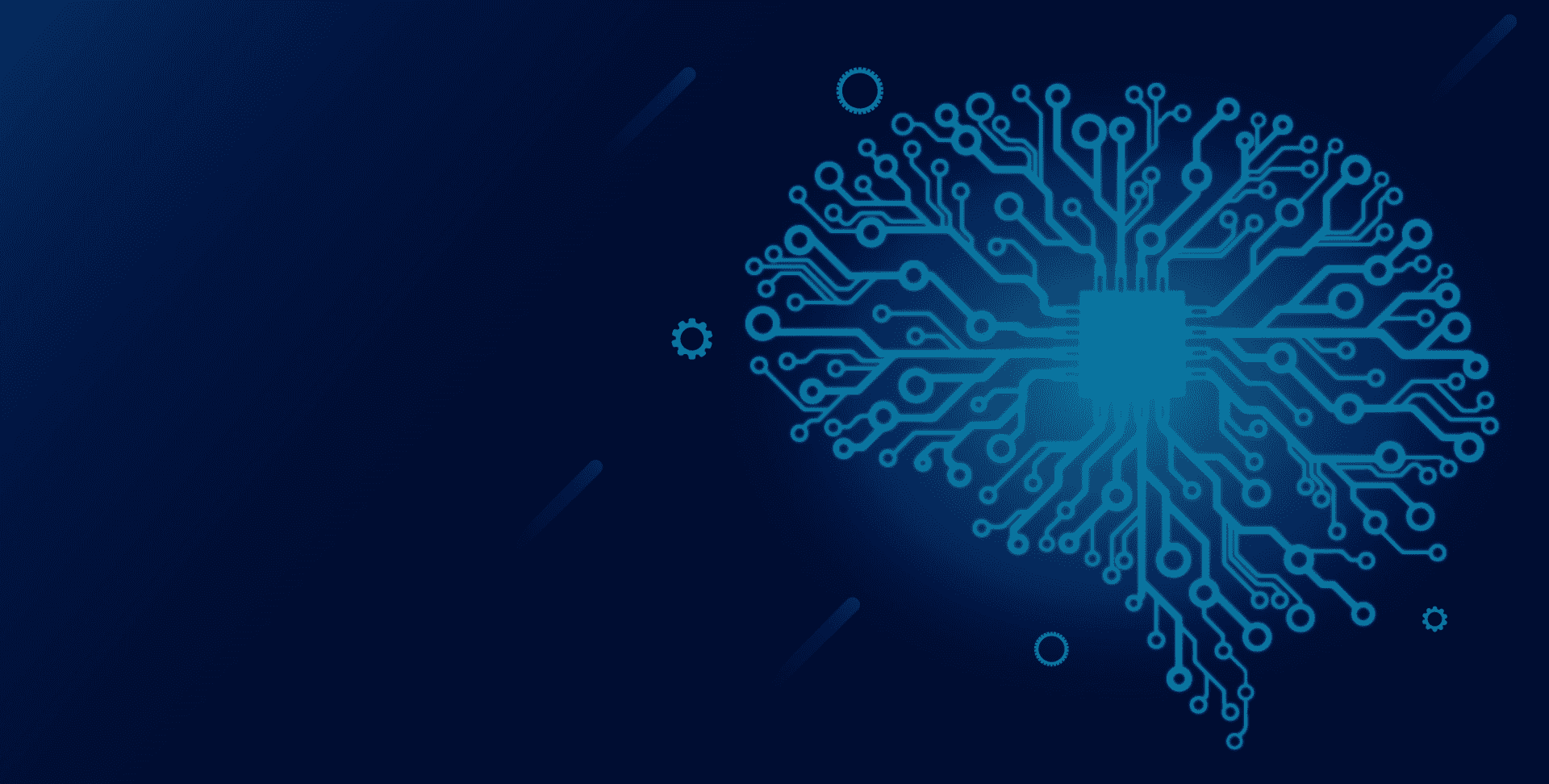Artificial intelligence has not only transformed how people think, work and see society but also how businesses operate and economies run. AI has infiltrated our lives no matter if it is just in the form of a simple smart door lock or robots helping in surgery. With every passing day, we are seeing innovation and we don’t know how much more there is yet to be discovered and explored.
83% of businesses say that AI is a strategic priority for their businesses. 2018 McKinsey reports even predict AI’s potential to incrementally add 16% (around $13 trillion) to current global economic output by 2030.
We do not even have to wait to see it all happening. The prophecies seem to turn real when in 2020, multiple industries, even those which are completely disassociated from computer science and AI, are benefiting from innovations in Artificial Intelligence.
Implications of AI in Various Industries
Here are a few industries which are relying on AI in 2020 and growing at the unpredicted speed.
Manufacturing Industry
Artificial Intelligence has completely revolutionized the manufacturing industry by automating human tasks and carrying out preventive maintenance. The processes are now more error-free and of superior quality.
Education Industry
Leveraging Artificial Intelligence, the education industry is automating tasks for teaching staff, improving learning through technology and facilitating active communication among staff, students and parents.
Marketing
It is obvious how marketing activities are all automated now. Using Artificial Intelligence, marketers run campaigns across multiple platforms at the same time, automate A/B tests, analyze masses of data quickly and communicate to the audience through automated messages and bots.
Healthcare Industry
Healthcare industry has gone through a true technological revolution recently. In one way or another, AI has always been a part of medicine and pharmacy business, but recent developments have made the healthcare industry the top industry leveraging and benefiting the most from AI.
Using robotics and machine learning, physicians can now record and remotely access accurate data such as patient’s vitals, symptoms of a disease, response to the medicine and physical changes. It, in turn, helps medical professionals make the quick and error-free diagnosis, lower risks of delayed care, lower cost of services, shorten hospital stays and quicken recovery.
Future of AI Use
There are numerous predictions about the future of AI in our lives. It might take over in the coming years and eliminate the concept of society or may just make our lives easier and better.
We cannot say for sure. However, Erik Brynjolfsson, the director of the MIT Initiative on the Digital Economy, says that, by using Artificial Intelligence, we can eliminate global poverty, provide better education to everyone on the planet and significantly reduce diseases. He also predicts that there can be adverse effects as well, such as the concentration of wealth and power, development of horrifying weapons and increased gaps between classes.
There are also concerns about AI entirely replacing human power and abusive use of data and surveillance. However, AI is still rather new. There might be a lot to discover, and what we know now might prove to be only the tip of an AI iceberg in coming years.
